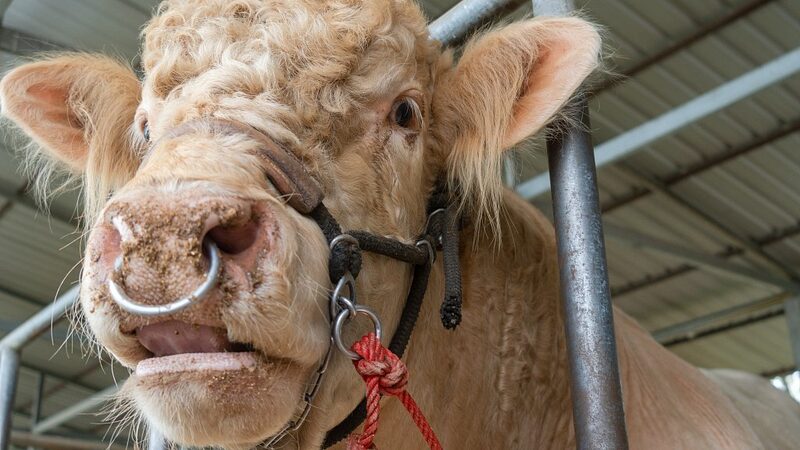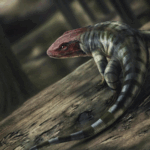Hold onto your face masks, folks—science just flipped the script on virus transmission! 🧬 A groundbreaking study published in Nature Ecology & Evolution found that humans give twice as many viruses to animals as we catch from them. Let that sink in: we’re the superspreaders. 😱
Researchers analyzed nearly 12 million virus genomes and discovered 3,000 instances of cross-species jumps. Of the human-related cases, 64% were human-to-animal transmissions (aka anthroponosis), affecting pets, livestock, and wildlife like raccoons and marmosets. Only 36% went the other way (zoonosis). Wild animals bore the brunt, highlighting humanity’s environmental footprint. 🌿🐾
“This shows our enormous impact on nature,” said lead author Cedric Tan of University College London. Viruses spread through contact, bites, or even just sharing ecosystems. But here’s the kicker: most cross-species jumps fizzle out. Only a few—like COVID-19 (likely from bats) or bird flu—spark pandemics. 🦇💥
And yes, even minks got COVID from us during the pandemic. 🦠➡️🦡 Talk about a plot twist! The takeaway? As we reshape habitats, we’re swapping germs with wildlife more than ever. Time to rethink our role in the viral web. 🤔🌐
Reference(s):
Humans give more viruses to animals than they give us: study
cgtn.com



